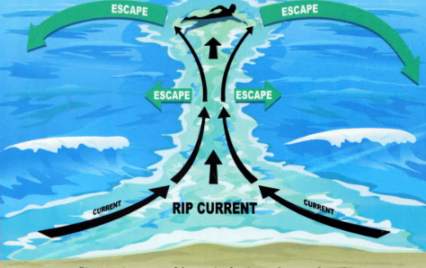Servant Leadership!
I’ve snagged another bit of classroom notes from my esteemed professor Dr Tim Valentino.
How about this for leadership studies!
(more on the program here)
It was simply too good to not share. Tim’s blog is here, if you’d like to read more from Tim. (You’ll enjoy that too!)

Enter Tim:
“So he got up from the meal, took off his outer clothing, and wrapped a towel around his waist. After that, he poured water into a basin and began to wash his disciples’ feet, drying them with the towel that was wrapped around him.” (John 13:4-5)
A powerful picture of authentic, servant leadership, which we considered last week.
But why does Jesus do such a humble, menial task? I think we have a hint in Luke’s account of the same event. In Luke 22 we learn that the Twelve come to this dinner arguing about who’s the greatest among them. It’s not the first time they’ve had this quarrel, but they sense that something big is going to happen this weekend, so the debate is re-opened.
“The kingdom of God is going to come,” they reason, “and Jesus is going to be the king. But who’s going to be his co-regent? Who’s going to be his secretary of state?” They argue about it. James and John had their mother weigh in on the matter months ago. Remember Salome? “Lord, grant that my sons will get to sit at your right and left in the kingdom.”
John says, “Hey, why not? I am, after all, the disciple whom Jesus loves.” Peter fumes and says, “Hold on, dude, who do you think Jesus gave the keys of the kingdom to? Me! Remember?” (O.k., that’s a paraphrase, but use your sanctified imagination to re-create the tussle!)
These guys aren’t wearing halos yet, and they’re certainly not ready for the stain-glass window. They fight, they argue, and they pick at each other. They can be carnal and fleshly like anybody else. And here in the upper room there’s real tension. But Jesus doesn’t scold them. He redirects them.
- You want to be great in my kingdom? Then you have to serve.
- You want to be first? Then you have to be last.
- You want to be highest? Then you have to be lowest.
- You want to be the most? Then you have to be the least.
And while they’re sitting there at that sacred feast, arguing about who’s the greatest, Jesus shows them what true greatness and true leadership look like.
In those days people wore open sandals—much like our flip flops. They didn’t wear socks. Most of the roads were not paved, so they walked on the hot dirt roads under the blazing Mideast sun—roads used by people and animals. Their feet would become hot, sweaty, sore, and covered in mud—maybe even animal dung, too.
Most people in our culture—even with a daily shower and “Fast-Actin’ Tinactin”— have nasty feet. The last thing anybody wants to do is clean somebody else’s. That was even truer in the first century.
At the low, U-shaped table where Jesus’ disciples recline, there are 24 dirty feet pin-wheeling out from the center—each one revealing a self-centered heart. (It’s not just their feet that are soiled.) Jesus takes off his outer garment. Bare-chested now, he wraps himself with a towel, just as a slave would do. And, grabbing the water jug and basin over by the door, God-in-human-flesh kneels down, takes the feet of the men he created, and begins to scrub them. He takes the dirt and dung off the feet of his own creatures.
Some kingdom.
Even Judas gets his feet washed—which is way over the top, don’t you think? If you knew that tonight was your last night, that tomorrow you were going to be executed, and that the guy setting it all up was in your cohort, would you have asked him to come over for dinner tonight? Would you have loved him, fed him, treated him with dignity, and then washed his crummy feet?
It’s hard to put ourselves into that scene. It’s one thing to be kind to our friends, but to be kind to our enemies—now, that’s a whole other level of kindness! How many of us would have poured the water over Judas’ head, and then whacked him in the face with the basin? (Thank God I’m not Jesus!)
But why does Jesus do it? Is Judas ever going to change? Is he ever going to repent? Is he ever going to love God in return? No! So why wash his feet? It’s not going to make a bit of difference. Pragmatically speaking, it’s not going to “work.”
So why do it? Jesus washes Judas’ feet because that’s what God is like.
God is slow to anger, abounding in love. God is patient and kind. God is scandalous in grace. And so is his Son, who has come to reveal the Father. So there in that upper room, Jesus washes the feet of the one who will betray him tonight, and arrange for his murder tomorrow.
It’s as if Jesus is saying, “I’m not scrubbing Judas’ feet for Judas; I’m scrubbing Judas’ feet for my Father. Judas may never appreciate this, but my Father does. Judas may never deserve this, but my Father does. I do this not because it will be successful or get noticed. I do this not because it will be a good investment of my time, energy, and emotions. I do this because God does feet. I do this because I lead by serving. I do this because I lead by loving.”
That’s the kingdom. And that’s our king. Amazing.
What can I do in response to such a scene but pray, “Jesus, reduce me to love.”






